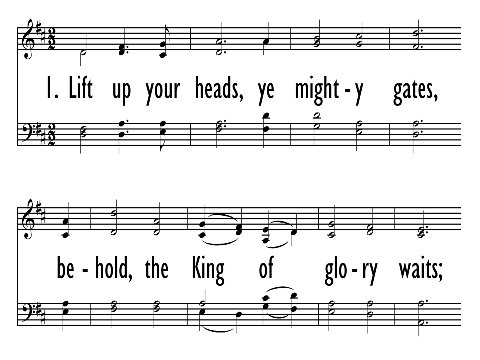- |
User Links
Christ Is Alive! Let Christians Sing
Hymn Information
- First Line
- Christ is alive! Let Christians sing
- Author
- Brian A. Wren, b. 1936
- Tune Name
- TRURO
- Tune Source
- T. Williams' <cite>Psalmodia Evangelica</cite>, 1789
- Topic
- Church Year: Easter/Season of Easter · Jesus Christ: Confidence in · Jesus Christ: Healer · Jesus Christ: Love · Kingdom · Love: Christ's Love for Us · Music and Singing · Occasional Services: Healing Service · Social Justice
Copyright Information
- Text Copyright
- © 1975, rev. 1995 Hope Publishing Company
- Tune Copyright
- Public Domain
- Reprint/Projection Information
- Words: Permitted with a license from CCLI.com or from OneLicense.net. If you do not own one of these licenses, please contact the copyright holder for permission.
- Music: The Music is in the Public Domain; you do not need permission to project or reprint the Music.
Full Text
Scripture References
Further Reflections on Scripture References
"Christ Is Alive" is a joyful celebration of Christ's resurrection (st. 1) and of his personal rule in a human world in which pain, war, and injustice abound (st. 2-4). Christ’s transcendent and immanent reign is empowered by the Holy Spirit and will ultimately bring about a new creation (st. 5).
Psalter Hymnal Handbook
Confessions and Statements of Faith References
Further Reflections on Confessions and Statements of Faith References
Easter hymns accomplish three functions: they recount the Easter narrative, proclaim our Easter hope, and celebrate our joy at Christ’s resurrection. This hymn is built on the professions of Easter truths that are expressed primarily in Heidelberg Catechism. Note especially the following:
- Lord’s Day 17, Question and Answer 45 declares that Christ’s resurrection makes us share in Christ’s righteousness, raises us to a new life by his power, and is a sure pledge to us of our resurrection.
- Lord’s Day 22, Question and Answer 57 comforts us to know that not only our soul but “also my very flesh will be raised by the power of God, reunited with my soul, and made like Christ’s glorious body.”
- Lord’s Day 22, Question and Answer 58 says that it may be a comfort to know that while experiencing the beginning of eternal joy now, “after this life I will have perfect blessedness such as no eye has seen, no ear has heard, no human heart has ever imagined: a blessedness in which to praise God forever.”
In addition, Our Song of Hope, stanza 5 professes: “On the day of the resurrection, the tomb was empty; His disciples saw Him; death was defeated; new life had come. God’s purpose for the world was sealed.”
Christ Is Alive! Let Christians Sing
Confession
Assurance
Blessing/Benediction
Additional Prayers
Christ Is Alive! Let Christians Sing
Tune Information
- Name
- TRURO
- Key
- C Major
- Meter
- 8.8.8.8


 My Starred Hymns
My Starred Hymns






